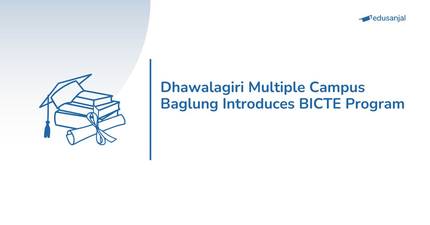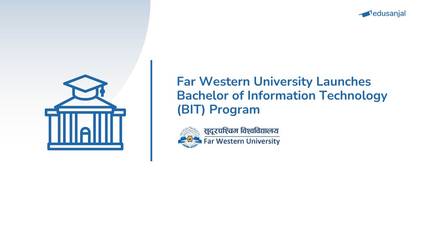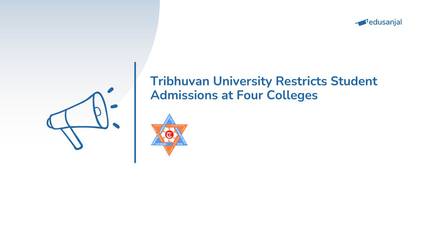In a recent meeting of the Education, Health, and Information Technology Committee of the Federal Parliament, Tribhuvan University engaged in a comprehensive discussion about the current state, quality, problems, and plans of higher education.
The committee warmly appreciated the university's efforts and expressed gratitude to Prof. Dr. Dharmakanta Banskota, the Vice-Chancellor, for their unwavering cooperation in tackling the country's higher education issues. The university graciously acknowledged the valuable suggestions the committee members provided, considering their invaluable guidance.
During the meeting, the Vice-Chancellor, Prof. Dr. Dharmakanta Banskota, brought forth an illustrative example of an attendance machine to underscore the challenges faced by the university.
However, the Vice-Chancellor's office expressed deep distress over the portrayal of this symbolic example, stating that it unintentionally disrespected the faculties and their dedication.
In response to the attendance example, the Vice-Chancellor clarified that professors worldwide are committed to maintaining the university's property and are not inclined to cause damage. Nonetheless, an unfortunate incident occurred where the attendance machine was removed for an extended period. The Vice-Chancellor reiterated that the university's progress heavily relies on its esteemed faculty members' competence, honesty, and dedication.
The meeting also addressed concerns raised by committee members, encompassing issues such as the increasing attraction of students to study abroad, the effective implementation of the academic calendar, delays in conducting examinations, matters concerning equivalence and curriculum, and the need for expanded internationalization.
Furthermore, officials from Tribhuvan University expressed their concerns about the lack of government funding for higher education, which has resulted in financial constraints for the institution. The absence of an approved budget for retirement expenses and the unresolved allocation of pension responsibilities have further compounded the challenges faced by the university in its day-to-day operations.
Despite government investments in various sectors after the earthquake, the university has yet to receive the essential financial support, necessitating the conduct of campus classes adorned with red stickers. Political interference and protection were also impediments to progress in the higher education sector.

In light of these pressing issues, participants at the meeting emphasized the importance of collaboration among all political parties to find viable solutions. The Vice-Chancellor stressed that addressing these challenges requires a collective effort, as the university alone cannot overcome these obstacles.












